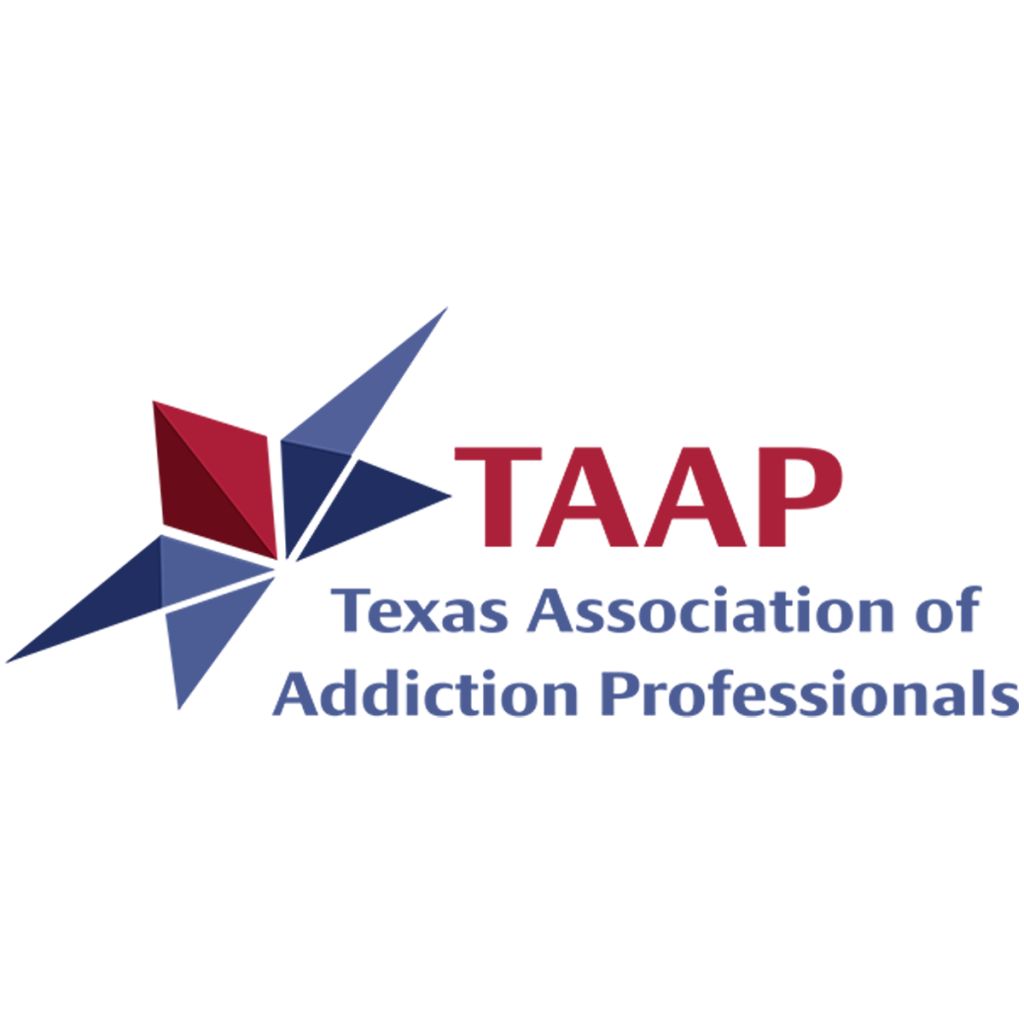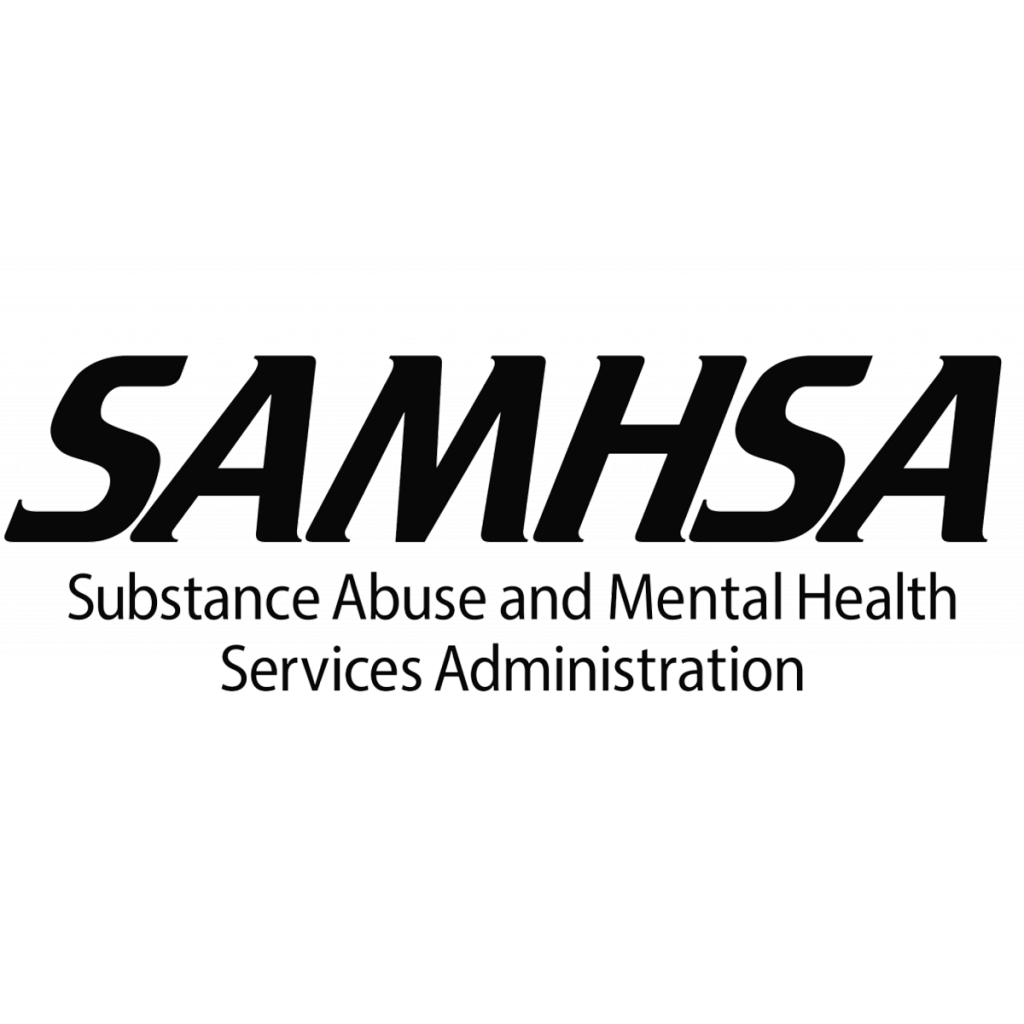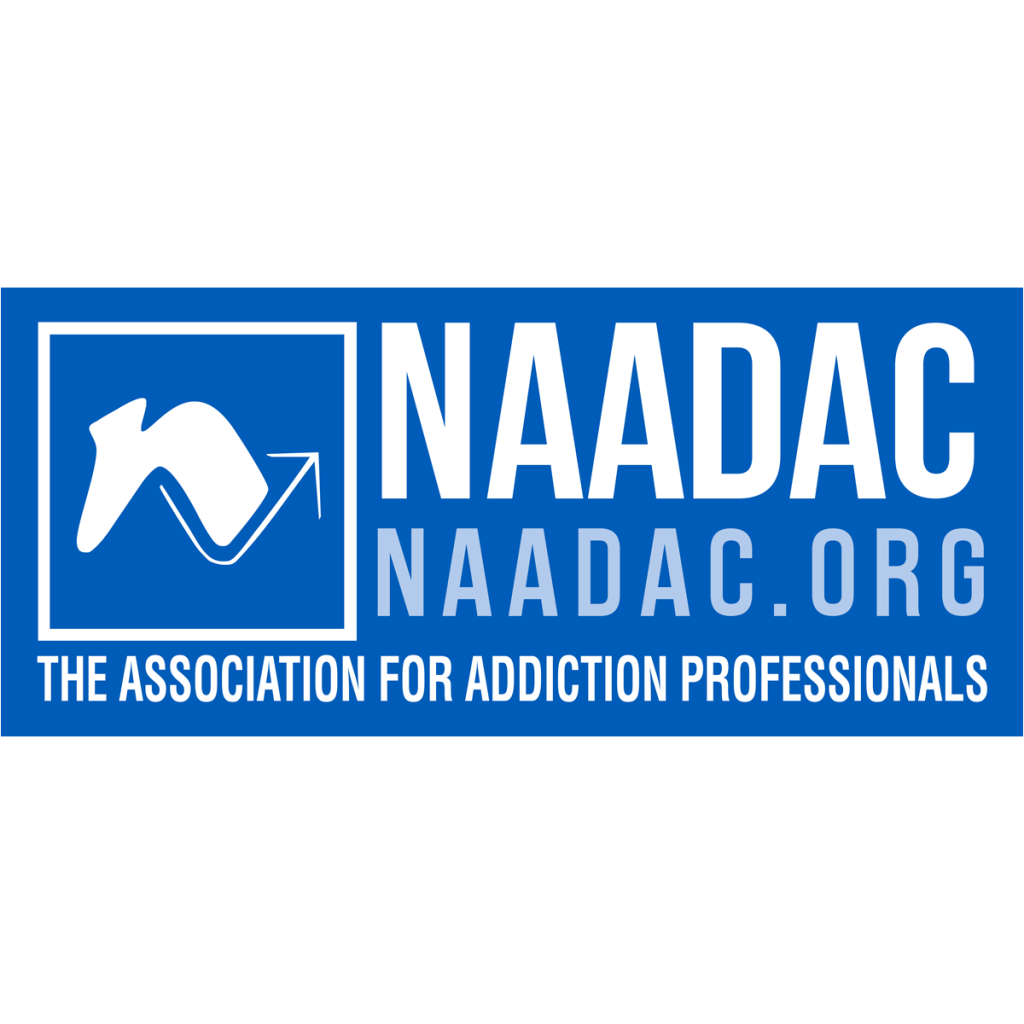Concerta
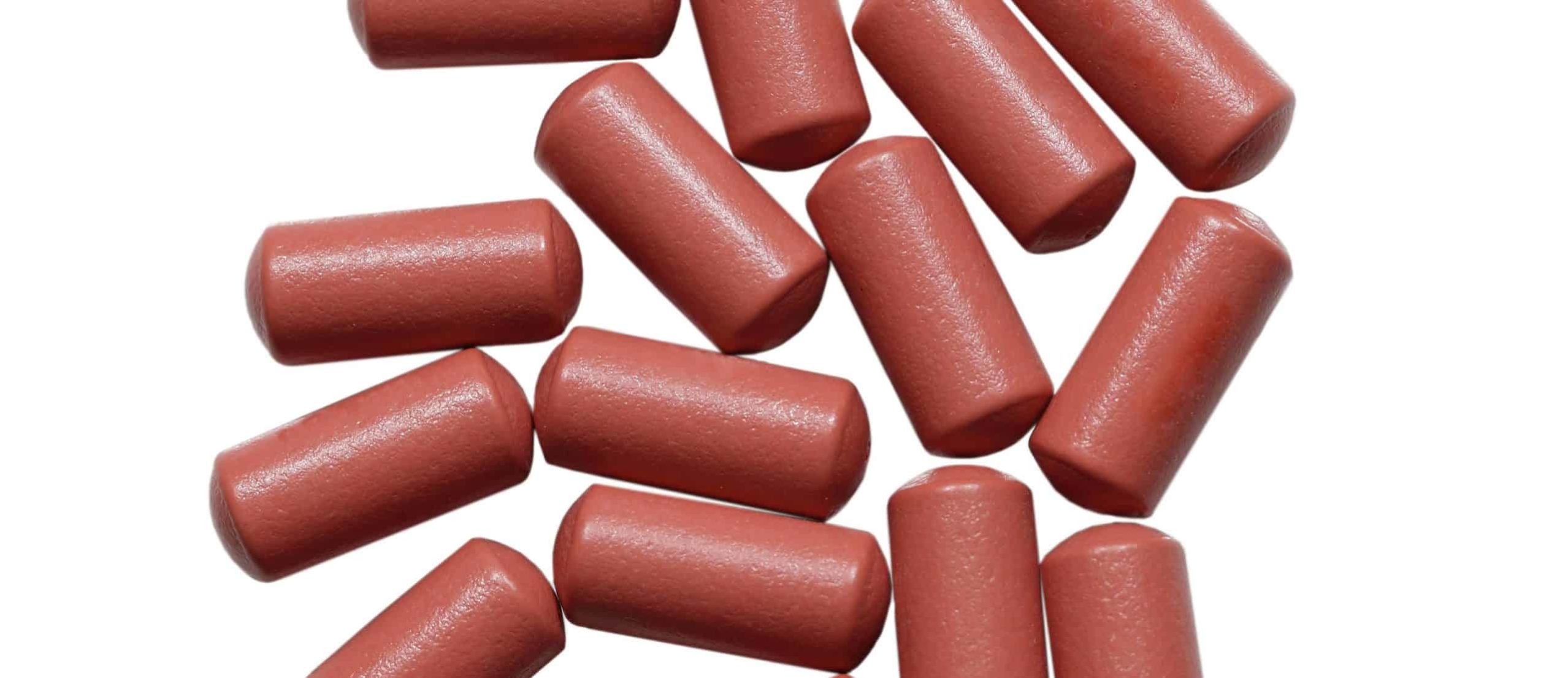
Concerta (Methylphenidate) Addiction: Side Effects, Detox, Withdrawal, and Treatment

What is Concerta (Methylphenidate)?
Concerta, a brand name of the drug methylphenidate, is a central nervous system stimulant used to treat attention deficit hyperactivity disorder (ADHD) in adults and children over the age of six.1 It can also be used to treat other similar medical disorders as well as narcolepsy.
Concerta increases levels of norepinephrine and dopamine in the central nervous system and works by enhancing the user’s focus, attention, and energy. It also reduces hyperactivity and improves a person’s impulse control. Although Concerta has a calming effect on people with ADHD, if someone without the disorder uses it, he or she will be hyperactive and overstimulated.
Concerta is prescribed in extended-release tablets of varying strengths, including 18 mg, 27 mg, 36 mg, and 54 mg tablets. This prescription stimulant is generally taken one to three times daily (depending on the dosage, the person’s medical condition, and the type of tablet prescribed) with or without food.
Other brand names of the drug methylphenidate include:
- Ritalin
- Metadate
-
Methylin (IR) and Methylin ER
-
Aptensio XR
-
Cotempla XR‑ODT (orally disintegrating)
-
Daytrana (transdermal patch)
-
Quillivant XR (extended-release oral suspension)
-
Quillichew ER (chewable ER tablet)
-
Quillivant XR, Quillichew ER, and Jornay PM
-
Relexxii (extended-release tablet)
-
Adhansia XR, Cotempla XR‑ODT, Aptensio XR, Jornay PM
Is Concerta Addictive?
Yes. Concerta is classified as a Schedule II controlled substance.2 Concerta users must take it exactly as prescribed by a doctor because it can be habit-forming and may cause physical dependence, serious withdrawal symptoms, and addiction if used incorrectly.
Street Names and Slang for Concerta
The following terms are street names or slang for Concerta:
- Smarties
- Skittles
- Kiddy cocaine
- Kibbles & bits
- Kiddie coke
- Vitamin R, MPH, JIF
- R‑ball
- Pineapple, Skippy
How Common Is Concerta (Methylphenidate) Addiction and Abuse?
Some people may abuse Concerta by using it without a prescription, crushing the tablets and snorting the powder to get high, or taking larger and/or more frequent doses of it. Concerta is frequently abused to improve academic performance, enhance athletic performance, get high, or lose weight.
According to the 2018 National Survey on Drug Use and Health (NSDUH), an estimated 5.1 million people ages 12 or older (or 1.9 percent of the population) misused prescription stimulants in the past year.3
Concerta is chemically similar to illegal stimulants like cocaine and methamphetamine, it can be highly addictive. It is also frequently abused with alcohol and other drugs, which can cause harmful side effects like dizziness, nausea, anxiety, headache, and difficulty concentrating. Using Concerta with alcohol can also increase the likelihood of deadly alcohol poisoning, as the drug can decrease the depressant effects of alcohol.
What Are the Side Effects of Concerta (Methylphenidate) Abuse?
Some of the most common side effects of Concerta (methylphenidate) abuse include:4
- Increased talkativeness
- Aggressive behavior
- Headaches
- Rapid breathing
- Uncontrollable twitches and tremors
- Dry mouth
- Weight loss/loss of appetite
- Excessive sweating
- Anxiety
- Vision problems
- Panic attacks
- Dangerously high body temperature
- Increased blood pressure
- Irregular heartbeat
- Rashes on skin
- Dilated pupils
- Numbness
- Nausea
- Vomiting
- Difficulty sleeping
After abusing Concerta for a long time, users may also begin to experience the following severe side effects:
- Stroke
- Seizures
- Paranoia
- Hallucinations
- Delusions
- Psychosis
- Depression
- Addiction
Abusing Concerta, especially with other drugs, may increase the risk of overdose. Symptoms of Concerta overdose include:5
- Restlessness
- Tremors
- Rapid breathing
- Confusion
- Aggression
- Hallucinations
- Panic
- Fever
- Muscle pain
- Heart attack
- Seizure
- Nausea and vomiting
- Diarrhea
- Abdominal cramps
- Coma
- Fatal poisoning
What Are the Signs and Symptoms of Concerta (Methylphenidate) Addiction?
If you have developed an addiction to Concerta, there will be some obvious signs. Common signs and symptoms of Concerta addiction and abuse include:
- Being preoccupied with getting more Concerta and using it
- Taking more frequent or larger doses of Concerta than necessary
- Getting multiple Concerta prescriptions from several doctors
- Experiencing withdrawal symptoms after the effects of Concerta wear off
- Feeling like you can’t function normally without Concerta
- Having constant cravings for Concerta
- Experiencing health problems from Concerta abuse but continuing to misuse it anyway
- Having relationship problems due to Concerta misuse
- Neglecting personal responsibilities at home, school, or work
- Having financial and relationship problems caused by Concerta abuse
[sc name=”phoneinsurancecta”]
Concerta Detox and Withdrawal
If you are addicted to Concerta and abruptly stop using it, you will experience uncomfortable withdrawal symptoms. Concerta withdrawal symptoms can include:5,6
- Fatigue
- Irritability
- Severe depression
- Difficulty sleeping
- Suicidal thoughts/behaviors
- Paranoia
- Strong cravings for Concerta
- Unpleasant and/or vivid dreams
If you are experiencing Concerta withdrawal, it is highly recommended that you seek professional help to detox, as withdrawal can cause severe depression that can lead to suicidal thoughts or behaviors.
Completing a Concerta detox program at a medical detox center is the safest and most effective way to stop using it. Your risk of relapse is also much lower with professional medical and clinical care.
Concerta Withdrawal Timeline
Prescription stimulant withdrawal often follows the timeline below.6 However, the severity and duration of Concerta withdrawal symptoms will vary from person to person depending on the following factors:
- How long Concerta was taken
- How much Concerta was taken each time
- General diet and exercise
- Use or abuse of other drugs
- Individual physiology
- The type of Concerta detox method used to quit (cold turkey, tapering, etc.)
| 12 hours after the last dose | Early Concerta withdrawal symptoms often include fatigue, lethargy, anxiety, depression, mood swings, and increased appetite. |
| 3 to 7 days after the last dose | During Concerta detox, withdrawal symptoms generally peak about three to seven days after the last dose and can include severe depression, strong cravings, difficulty sleeping, paranoia, and irritability. |
| 7 days after the last dose | The majority of Concerta withdrawal symptoms typically dissipate around one week after quitting, but some symptoms may persist for weeks or months, including strong cravings, depression, or difficulty sleeping. |
How Long Does Concerta Stay In Your System?
Generally, Concerta is eliminated from the body within 32 hours of the last dose. However, Concerta may stay in your system longer depending on several factors like your age, weight, sex, and overall physical health.
Concerta has a relatively short half-life of about 3.5 hours. After you take Concerta, you’ll start to feel its effects within 30 to 60 minutes. It will remain effective for about 8 to 12 hours.
Urine screens are generally the most effective way to test for Concerta use, but other types of tests can be effective too. The estimated drug detection times for Concerta are listed below.
- Urine test: Concerta is detectable for about one to three days after the last dose.
- Hair test: Concerta is detectable for up to 90 days after the last dose.
- Saliva test: Concerta is detectable for about one to three days after the last dose.
Treatment for Concerta (Methylphenidate) Addiction
Concerta addiction is a lifelong medical disorder that requires lifelong treatment and aftercare. While medical detox is often the first step in this process, you may need ongoing Concerta treatment and care to address the psychological aspects of your addiction, gain new life skills, and receive professional and peer support in recovery.
Research shows long-term rehab lasting 90 days or longer provides the greatest opportunity to achieve lasting recovery and greatly reduces the likelihood of relapse. Although many 30-day rehab programs promise to help you get sober, most people need at least 90 days to make lasting lifestyle changes.
After you complete a Concerta detox program, you may choose to continue your treatment with rehab. If you’ve never been to drug rehab before, it is helpful to know what you can expect from Concerta treatment. Although every rehab center is different, generally, clients do the following things during treatment:
- Attend educational lectures about addiction and recovery
- Work through a structured recovery program (such as the 12-Step Program)
- Gain life skills that are necessary to sustain recovery
- Learn how to recognize triggers, cravings, and high-risk situations
- Heal physically and emotionally from the effects of addiction
In rehab, you’ll work with a professional team of addiction recovery specialists, doctors, and clinicians to progress through an evidence-based treatment program that addresses all aspects of addiction, including mind, body, and soul. This treatment may include behavioral therapy, individual counseling, group counseling, family therapy, and more.
Inpatient Drug Rehab vs. Outpatient Drug Rehab for Concerta Addiction
The search for Concerta treatment can be a daunting one, especially if you don’t know what to look for. With an abundance of treatment options, it’s helpful to understand the two main types of Concerta rehab programs available: inpatient treatment and outpatient treatment. The chart below outlines some of the main differences between the two.
|
In residential rehab, clients:
|
In outpatient rehab, clients:
|
If you are heavily addicted to Concerta, you may fare best in a residential rehab program that provides a high amount of structure and 24/7 professional support, especially if you suffer from co-occurring disorders, such as PTSD, anxiety, or depression. If you aren’t sure which type of Concerta rehab program is right for you, talk to your doctor or call Nova Recovery Center to speak with our addiction treatment specialists.
The cost of Concerta rehab is another important factor to consider. The price of a rehab program can vary greatly depending on the type of program, services offered, it’s location, and amenities. However, most drug rehab centers offer several different types of payment options to make things easier. For example, you may be able to pay for Concerta rehab by using one or more of the following options:
- Health insurance benefits
- Employee Assistance Programs (EAP)
- Financed healthcare loans
- Credit cards
- Crowdfunding
- HSA funds
Continued Care Options for Concerta Treatment
After drug rehab, the work of overcoming Concerta addiction is not over just yet. Just like any other chronic condition, drug addiction is a life-long condition that requires life-long monitoring. Concerta treatment programs like sober living and aftercare can provide peer support, professional recovery services, and assistance addressing psychosocial problems.
Sober Living Programs
Sober living programs provide men and women in recovery with a safe and stable place to live after completing a Concerta treatment program like detox or rehab. These homes are a structured shared living space that is often gender-specific and provides sober housing, accountability, and recovery support services. These services may include:
- Individualized recovery programming
- Drug and alcohol testing
- Educational planning
- Employment assistance
- Family support
The cost of sober living varies depending on the programs offered, the home’s location, its amenities, and recovery services.
Aftercare Programs
Aftercare programs are designed to support rehab alumni or people in recovery who are experiencing a challenging or transitional time in life and need extra support. These program groups meet weekly and offer a space for open and honest discussions related to recovery issues.
Clients are encouraged to share personal issues related to Concerta addiction or substance abuse in general, share feedback, and offer support to their peers in recovery. These group sessions are not only personally helpful for ongoing personal growth but they also provide more opportunities to connect with sober peers and establish healthy relationships and boundaries with peers.
If you’re suffering from Concerta addiction, there is hope for you to achieve a full recovery. You may feel overwhelmed and discouraged, but you can get sober and maintain your recovery for life with the right support and treatment. Call (512) 605-2955 to get started with a Concerta treatment program today.
References:
- https://www.drugs.com/concerta.html
- https://www.accessdata.fda.gov/drugsatfda_docs/label/2007/021121s014lbl.pdf
- https://www.samhsa.gov/data/sites/default/files/cbhsq-reports/NSDUHNationalFindingsReport2018/NSDUHNationalFindingsReport2018.pdf
- https://www.ncbi.nlm.nih.gov/pmc/articles/PMC181133/pdf/i1523-5998-002-05-0159.pdf
- https://www.drugabuse.gov/publications/drugfacts/prescription-stimulants
- https://www.ncbi.nlm.nih.gov/books/NBK64323/#A57795
Nova Recovery Center offers a large range of substance abuse treatment services: detox, residential, outpatient and sober living.
Treatment Options
Treatment Locations
Call Us Now and Begin Healing at (512) 605-2955
Or text us and we will call you right back.
Not quite ready for a call? You can fill out the form below.
What Makes Us Different
- Gender-specific treatment
- Evidenced-based treatment
- 12-Step immersion
- 90-day residential treatment
- Family program
- Full continuum of care
- Insurance and private pay
100% Confidential Guarantee
Confidential Consultation
Nova Recovery Center is dedicated to helping you or your loved one get help. Please call or fill out this form for a confidential consultation.
One of our understanding, dedicated advisors will contact you about your options. Begin healing today.
Nova Recovery Center is dedicated to helping you or your loved one get help. Please call or fill out this form for a confidential consultation. One of our understanding, dedicated advisors will contact you about your options. Begin healing today.


